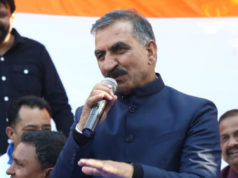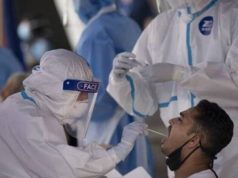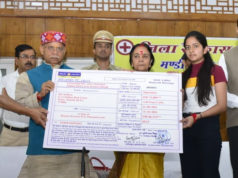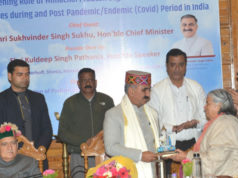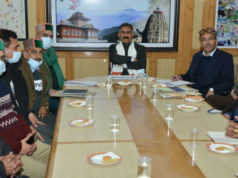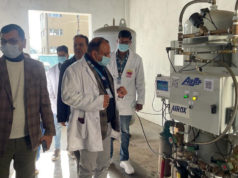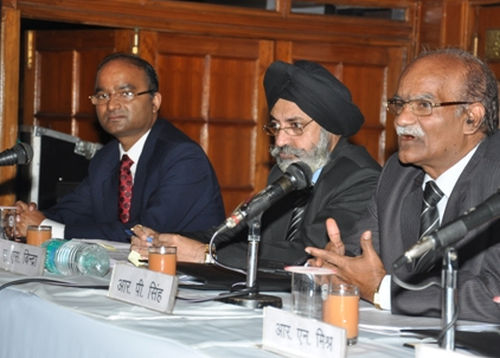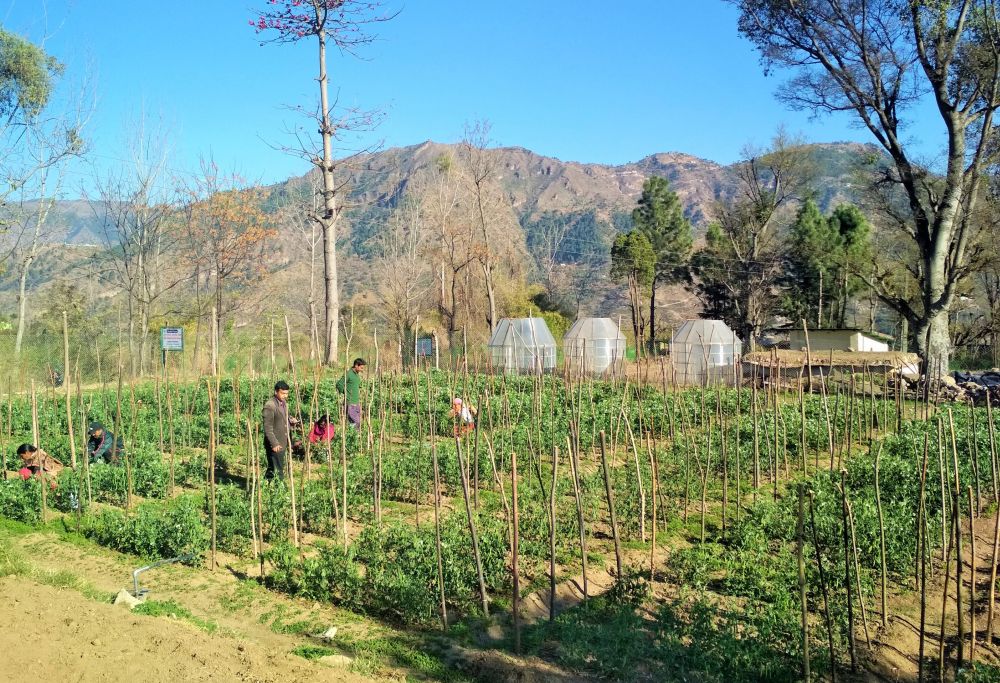Now 200 persons can gather in close space, number can exceed in open space
Shimla: To contain the spread of COVID-19 and keeping in view the upcoming festive season, the state government has issued fresh Standard Operating Procedure for social, academic, sports, entertainment, cultural, religious and other congregations.
The Spokesperson of state government revealed that the government has enhanced the limit of gathering of people upto 200 in closed spaces. He said that 50 percent gathering would be allowed in open spaces. Wearing of face masks, maintaining social distancing, provision of thermal scanning and use of hand wash or sanitizer would be made mandatory in such venues.
In open spaces the gathering can exceed 200 persons.
People above the age of 65, pregnant women, people with co-morbidities and children below the age of 10 have been advised to stay at home and avoid such gatherings, which is applied to the event managers and staff as well.
The event managers, organizational staff must ensure that individuals visiting the festival maintain a minimum distance of 6 feet in public places as far as feasible. Respiratory etiquettes to be strictly followed, this involves strict practice of tissue/handkerchief/flexed elbow and disposal of used tissue properly. Spitting would be strictly prohibited. Installation and use of Aarogya Setu App is advised to all. All event managers shall brief the stall owners/staff on the SOPs of the Ministry of Health and Family Welfare in the context of COVID-19.
He said that no social, academic, sports, entertainment, cultural, religious and other congregation will be allowed in containment zones. Organizers/staff/visitors from containment zones would not be permitted. People residing inside containment zones may be encouraged to observe all festivals inside their homes and not move out.
Theatre, cinema and plays would be allowed to be held with an advisory of having more ticket counters and separate exit and entrances. Event organizers or business owners are to make suitable provisions for contact less payment. Apart from this, administrative requirements should ensure spatial boundaries which can facilitate compliance of thermal scanning, physical distancing, wearing of face masks and proper sanitization in all such venues.
He further said that the plan should be prepared well in advance about conduct of each activity with all relevant stakeholders. For the events planned for many days or weeks such as exhibitions, fairs, pandals or concerts and plays should have adequate measures to ensure the prescribed number of presence of individuals and also staggering and restricted entry. Volunteers should be appropriately stationed to ensure thermal scanning, physical distancing, adequate supplies of sanitizers, thermal guns and floor marking should also be ensured. Close circuit cameras should be considered to monitor the activities, if feasible. A simple do’s and don’ts advisory, posters/standees/AV media on preventive measures from COVID-19 must be circulated/ displayed prominently at each event venue.
The event site should have a designated isolation room/space for isolating any person found symptomatic during the event/show/rallies, till medical help is available. Proper crowd management inside and outside premises like parking lots, waiting areas, stalls and eateries etc should be ensured.
He said that in case of political and other rallies and immersion processions, the number of people should not exceed the prescribed limit and proper physical distancing must be ensured in such cases. The numbers of such rallies and distance covered by them would be kept within manageable limits. Route planning, identification of immersion sites, ensuring cap on number, physical distancing, etc must be planned beforehand and measures for enforcement should be outlined.
Medical care arrangements must be planned with linkages to nearest hospitals to attend to health emergencies. Effective and frequent sanitation within the premises and public utility common areas shall be maintained with particular focus on commonly touched surfaces/areas including lavatories, drinking and hand washing station/areas and frequently touched surfaces (doorknobs, elevator buttons, handrails, que barricades, seats, benches, washroom, fixtures etc).
He said that in religious places touching of the statues/idols/holy books etc. shall not be allowed and queues of devotees must adhere to social distancing norms.
SOP also includes handling of protocol to be followed strictly in case there is COVID-19 suspect. If any ill person found in and around the festival venue, he/she should immediately be taken to the isolation room and if symptoms deteriorate, the nearest medical facility should be informed or call should be made to state district helpline.
He said that all the District Magistrates, Police Officers and officers of local authorities are directed to ensure strict implementation of these SOPs, while granting permission to the organizers. Disaster Risk Reduction (DRR) volunteers and IAG Network may be utilized to educate masses and enforce these measures. The local administration may impose additional conditions, as may deemed fit to contain the spread of COVID-19.


